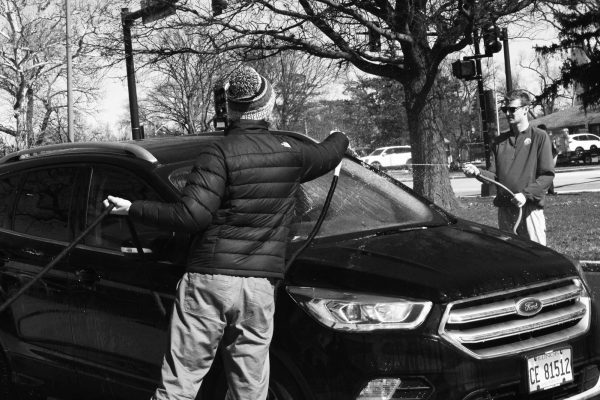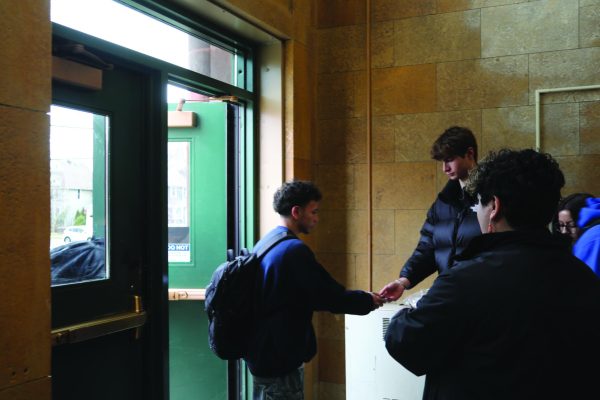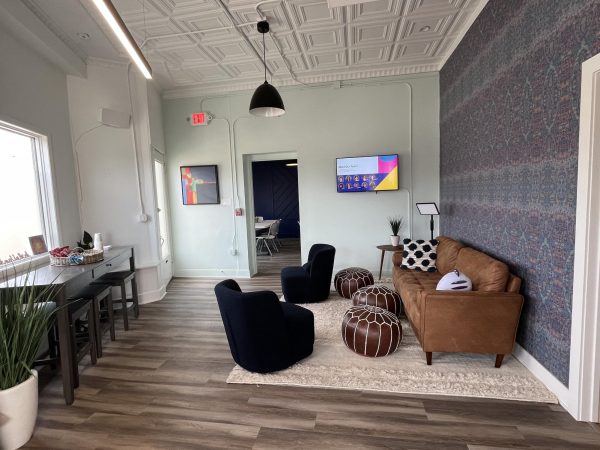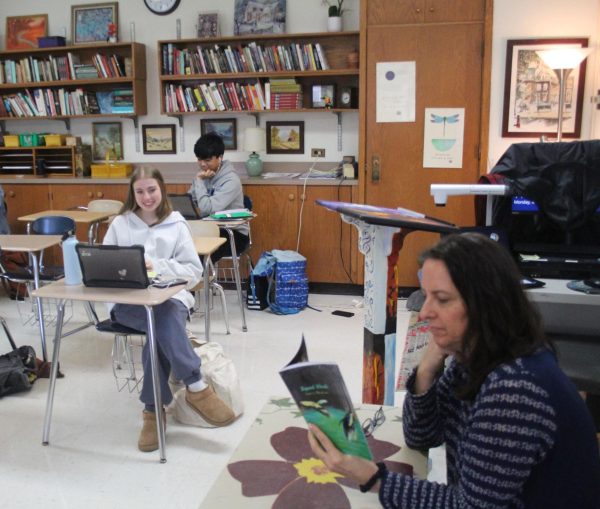District 204 overhauls search engine
Increased traffic from both campuses triggers flags, glitches; unresponsive megacorporation forces tough decision for technology department
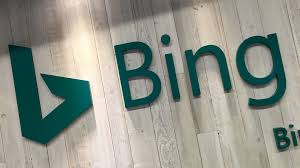
February 9, 2017
With the addition of 2,000 desktops and laptops to North and South campuses in the past two school years, a pre-existing confrontation between Google and the district escalated and caused many inconveniences for students and staff browsing the web alike during first semester of the 2016-2017 school year.
“People associate ‘searching’ with Google. But Google started flagging practically every search a user made and either prompted them with a Captcha or a failure message because of the large number of searches coming from our IP addresses,” Ed Tennant, the Director of Technology for the district since 2005, said. “They detected a statistical anomaly in our number of searches and that triggered Captchas as a safeguard against bots.”
Despite the technology department’s best efforts to contact Google about this issue over the past two school years, when the issue was less widespread than it had been recently, they were given the cold shoulder.
“Our system administrators attempted to work with Google to clarify that we have a lot of users and that this is not unusual, but they were not cooperative,” Tennant said.
The department was left with the choice to continue to inconvenience the thousands of users that rely on LT’s services daily or to change the default to an engine other than Google for the first time ever, systems administrator Michael Vasich said.
“Switching our default to Bing does two things. First, it creates more diverse paths for searches but still allows students and staff with a preference for Google to type it into the URL,” Vasich said. “And the traffic for people who have a preference for Google is no longer impeded by Captchas and crashes every search.”
Taking the servers below Google’s flag threshold has increased efficiency of searches districtwide. Bing was not contacted before the change was made and in the first weeks of the semester there have been no reports of crashes like those seen earlier in the school year, indicating Bing’s acceptance of District 204’s immense traffic.
“I wish Google was more collaborative, but at the end of the day, who loses out? Google does, because Bing now gets the bulk of our traffic. But of course students are not precluded from choosing an alternative search engine,” Tennant said.
This “operational experiment” is expected to last the remainder of the school year and for the foreseeable future, unless Google becomes more collaborative with the system administrators, Vasich said.
Since the change, no reports of excessive Captcha requests or Google crashes have been reported, indicating success for the technology department. Despite this, there is some dissatisfaction from both students and the system administrators themselves about having what they feel is an inferior search engine.
“Bing doesn’t give great results,” Kyle Sievers ’17 said. “I type Google into the URL and use that for most searches, but I wish it was still the default.”





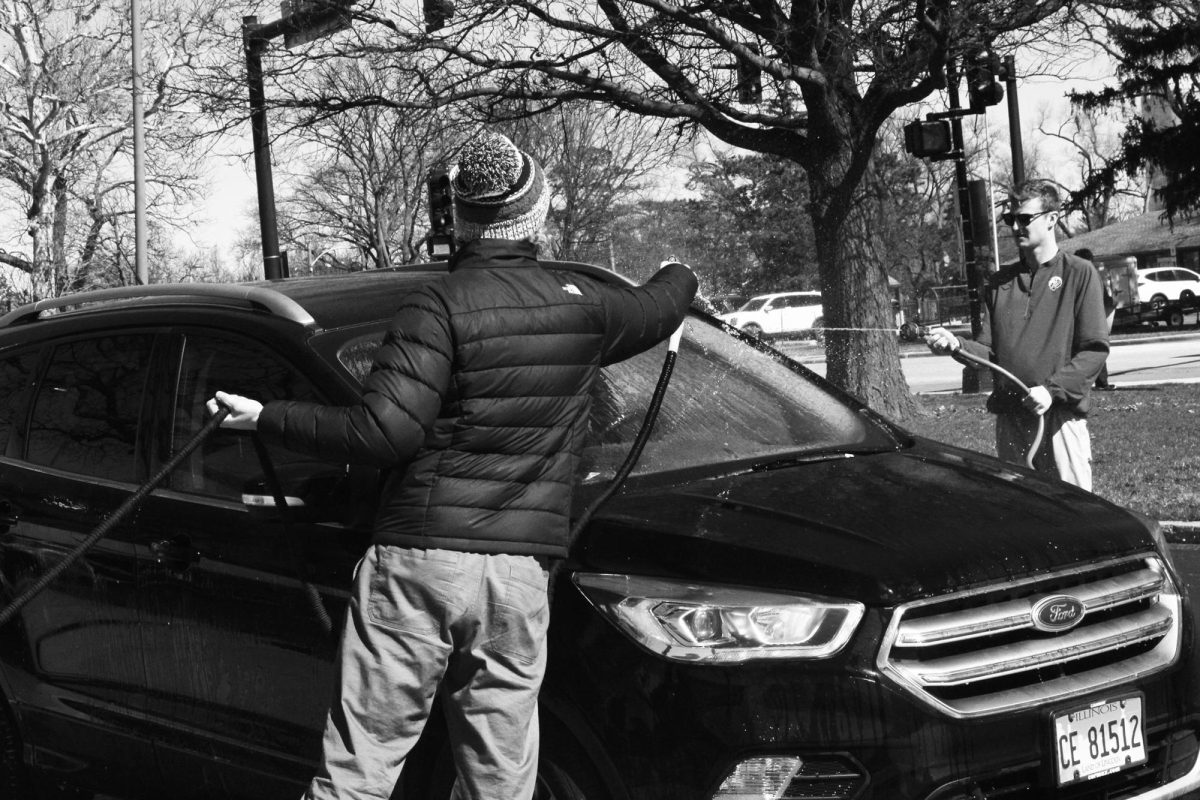

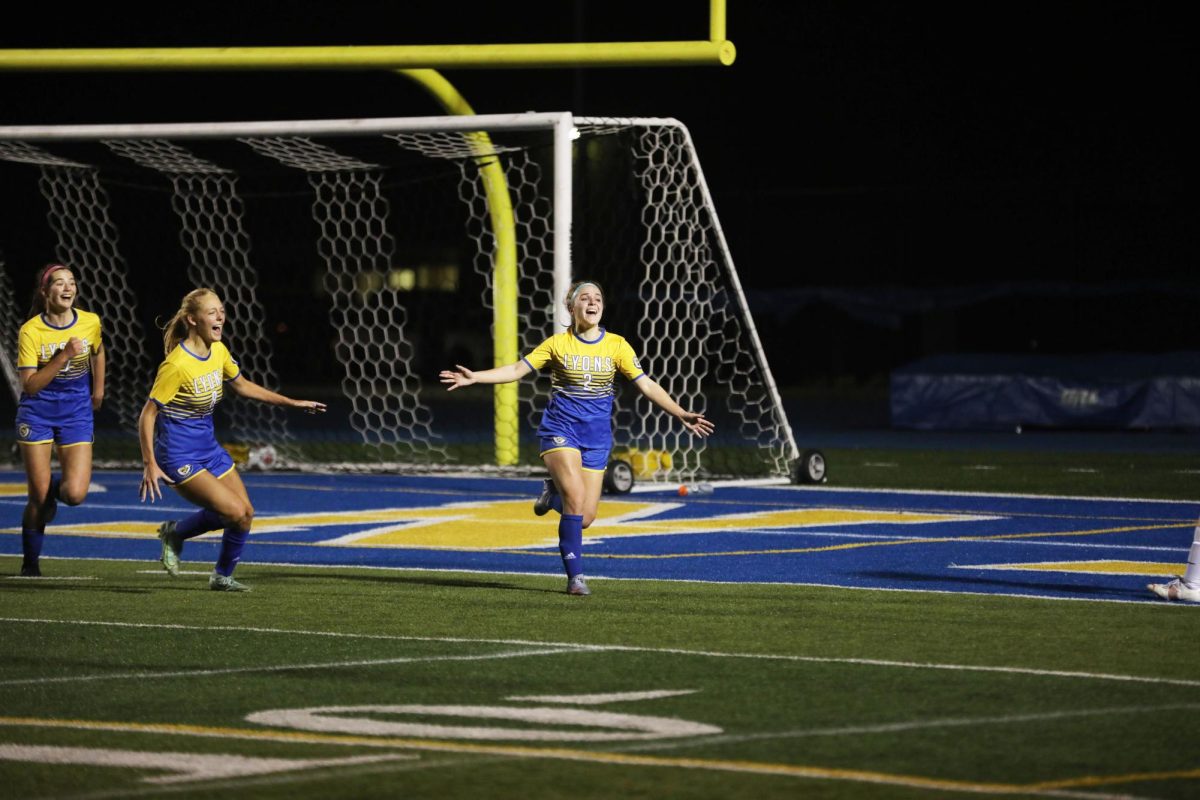


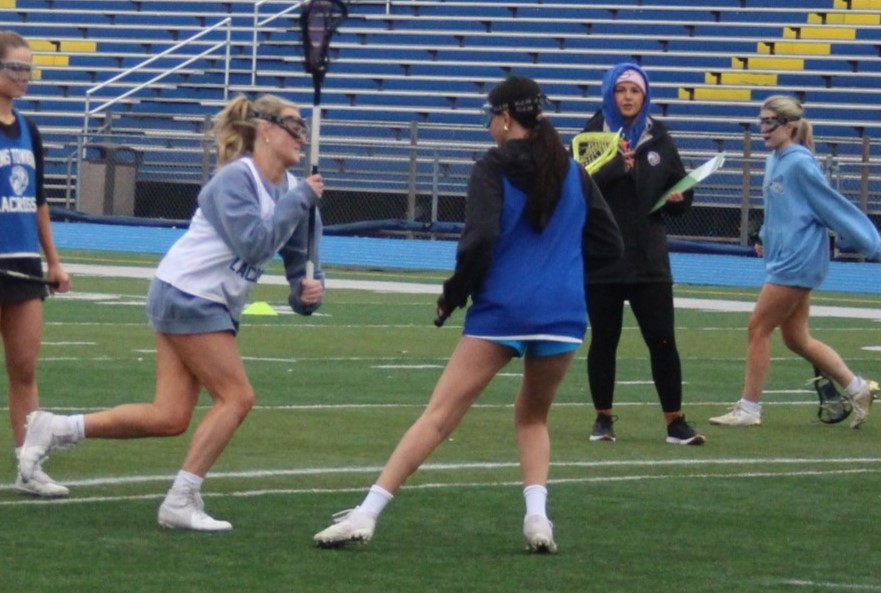
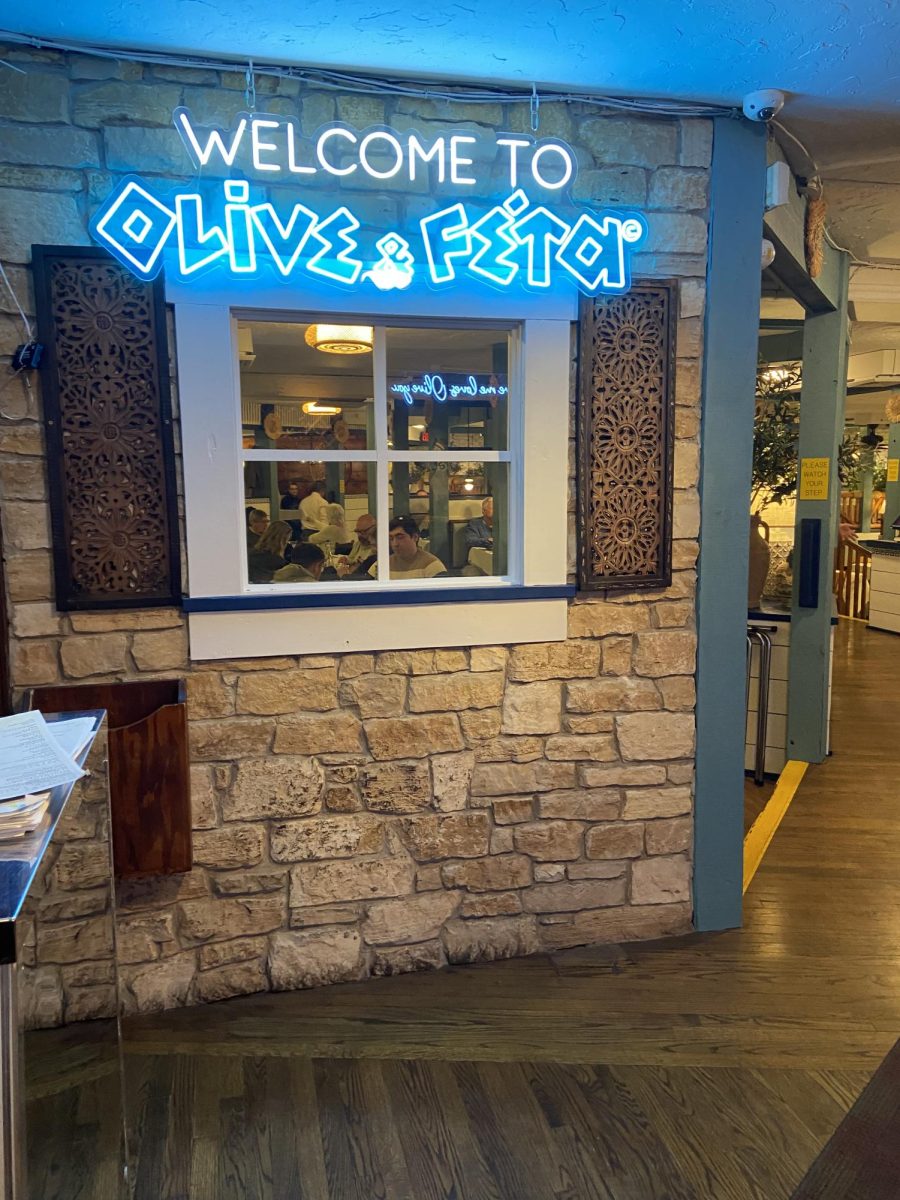






![Movie poster for [Rec] (2007).](https://www.lionnewspaper.com/wp-content/uploads/2023/04/rec-640x900.jpg)



